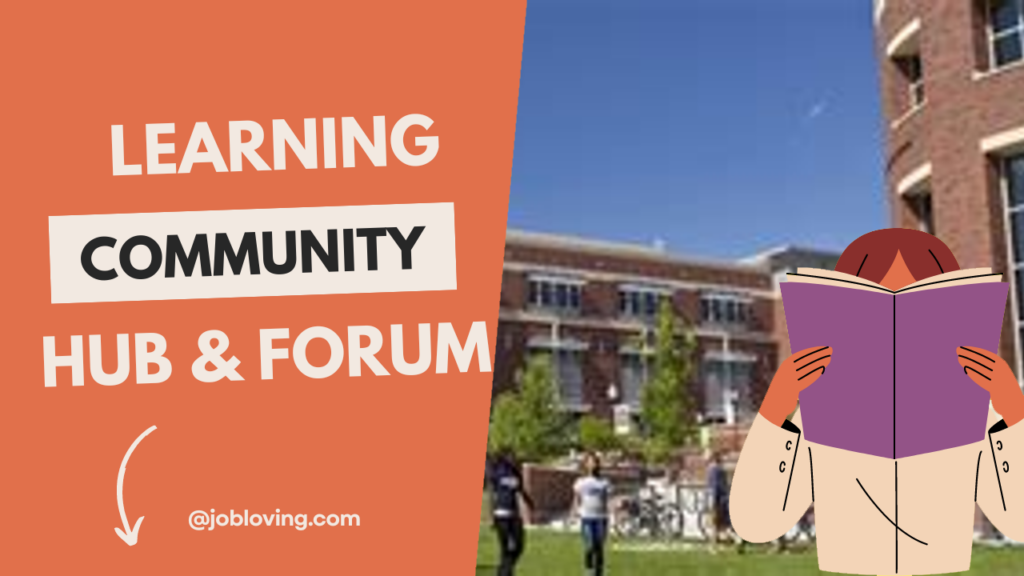Are you curious about what sets R1 universities apart from the rest? You might wonder why their research prowess garners so much attention and what it really means for students and academics alike. In the realm of higher education, R1 universities are like the crème de la crème—those institutions known for their intensive research activity and impressive funding that push the boundaries of knowledge across various fields.
Quick answer: R1 institutions are those with $50 million in research expenditures and grant 70 research doctorates.
To delve a bit deeper, R1 universities are defined by their commitment to research. Specifically, they must spend at least $50 million on research annually and award a minimum of 70 research doctoral degrees each academic year. This classification is part of the Carnegie Classification of Institutions of Higher Education, which helps to categorize universities based on their research activity. It’s a badge of honor that indicates a university is not just churning out graduates but is also a powerhouse of innovation and discovery. As you can imagine, the competition for funding, faculty, and top-tier students among R1 universities is fierce, driving them to cultivate an environment where rigorous research can flourish.
In addition to the primary R1 classification, the system has evolved to include multiple labels that help identify various types of institutions, ensuring that even non-doctoral universities receive recognition for their unique contributions to education and society. This layered approach acknowledges that there’s more to the educational landscape than just doctoral degrees, highlighting the diverse paths institutions take.
In conclusion, R1 universities stand at the forefront of academic research, making significant advancements in various fields while providing ample opportunities for students eager to engage in groundbreaking work. If you’re looking to get involved in serious research or just want to rub shoulders with the best of the best, R1 institutions are where the magic happens. Curious to learn more about how you can explore or take advantage of these research hubs? Join the JobLoving community for more resources or drop your questions; we’re here to help!

